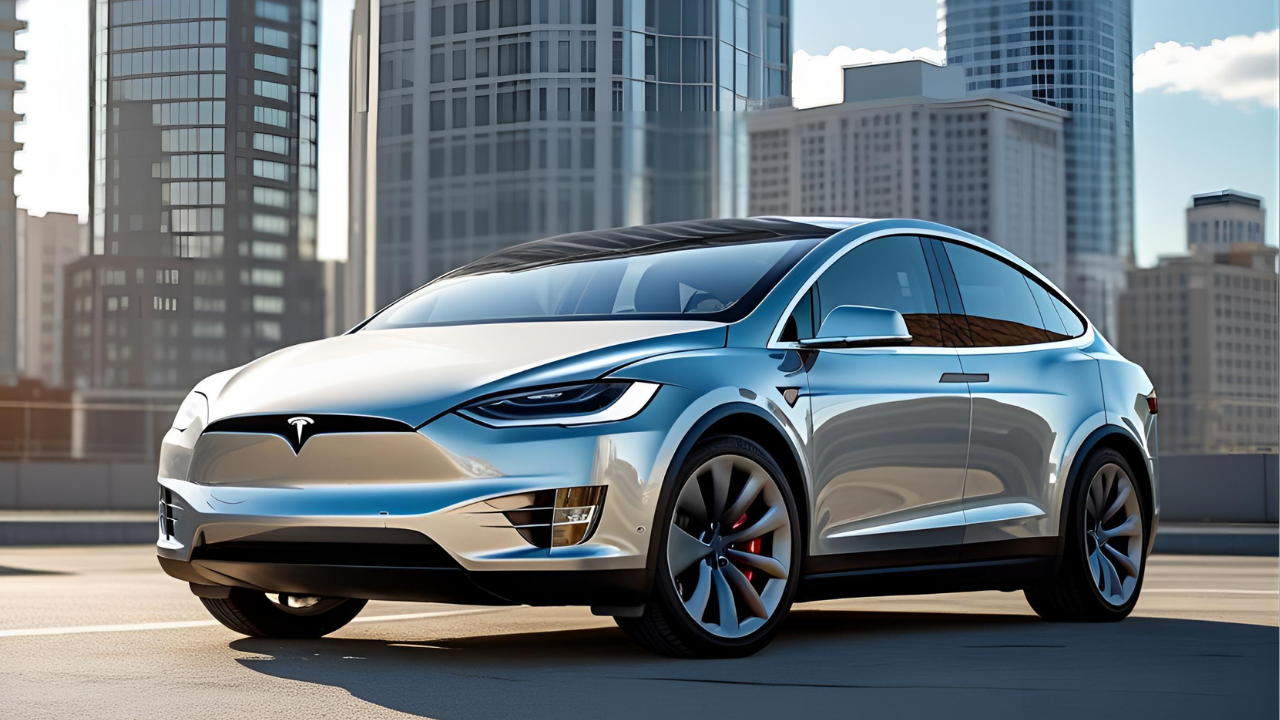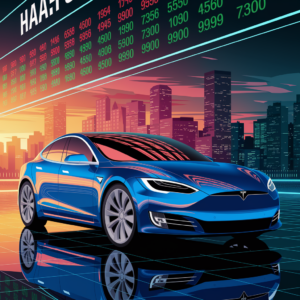The Tesla Model X is a benchmark for luxury electric SUVs, combining cutting-edge technology, performance, and sustainability. With a starting price around $99,990 (as of 2025), it’s a premium vehicle that appeals to those seeking eco-friendly innovation without sacrificing style or power. But what other cars can you get for a similar price? Let’s explore some alternatives that match the Model X’s price tag, focusing on their features, performance, and value.

Why Compare to the Tesla Model X?
The Model X stands out with its all-electric powertrain, falcon-wing doors, and advanced driver-assistance features like Autopilot. It offers a range of up to 348 miles (EPA estimated), 0-60 mph in as little as 2.5 seconds (Plaid version), and seating for up to seven. For around $100,000, you’re getting a tech-forward, high-performance SUV. But not everyone prioritizes electric power or Tesla’s minimalist aesthetic. Some buyers may prefer traditional luxury brands, hybrid options, or even high-performance gas-powered SUVs. Here are some compelling alternatives.
Top Alternatives to the Tesla Model X
1. BMW iX xDrive50 (~$99,800)
The BMW iX xDrive50 is a direct competitor in the luxury electric SUV segment. With a sleek, futuristic design and a premium interior, it offers:
-
Range: Up to 324 miles (EPA estimated).
-
Performance: 516 horsepower, 0-60 mph in 4.4 seconds.
-
Features: iDrive 8 infotainment, panoramic sky lounge roof, and advanced driver aids.
-
Why Choose It?: The iX delivers BMW’s signature driving dynamics and a more traditional luxury feel compared to Tesla’s tech-heavy approach. Its interior quality and customization options appeal to those who value craftsmanship.
2. Mercedes-Benz EQE SUV 500 4MATIC (~$98,500)
Mercedes-Benz’s EQE SUV blends elegance with electric performance, making it a strong contender:
-
Range: Approximately 300 miles.
-
Performance: 402 horsepower, 0-60 mph in 4.6 seconds.
-
Features: Hyperscreen dashboard (optional), air suspension, and premium Burmester audio.
-
Why Choose It?: The EQE SUV offers a plush ride and a tech-laden cabin that rivals Tesla’s. It’s ideal for buyers who want a refined, brand-prestigious electric SUV with a focus on comfort.
3. Audi Q8 e-tron Prestige (~$95,000)
The Audi Q8 e-tron (formerly e-tron) is a well-rounded electric SUV with a focus on understated luxury:
-
Range: Up to 300 miles.
-
Performance: 402 horsepower, 0-60 mph in 5.5 seconds.
-
Features: Virtual cockpit, adaptive air suspension, and premium Bang & Olufsen sound.
-
Why Choose It?: Audi’s Q8 e-tron excels in build quality and a quiet, comfortable ride. It’s a great choice for those who want an EV with a less polarizing design than the Model X.
4. Porsche Cayenne Turbo S E-Hybrid (~$100,000)
For those who prefer a hybrid over a full EV, the Porsche Cayenne Turbo S E-Hybrid delivers electrified performance with gas-powered flexibility:
-
Range: 14 miles electric-only, 400 miles total with gas.
-
Performance: 670 horsepower, 0-60 mph in 3.6 seconds.
-
Features: Sporty handling, premium leather interior, and customizable options.
-
Why Choose It?: The Cayenne offers blistering performance and Porsche’s iconic driving experience. It’s perfect for buyers who want versatility and aren’t ready to go fully electric.
5. Rivian R1S Launch Edition (~$98,000)
Rivian’s R1S is another all-electric SUV that rivals the Model X in capability and innovation:
-
Range: Up to 321 miles.
-
Performance: 835 horsepower, 0-60 mph in 3.0 seconds.
-
Features: Vegan leather interior, off-road capability, and over-the-air updates.
-
Why Choose It?: The R1S is a rugged yet refined option for adventure-seekers. Its off-road prowess and spacious cabin make it a versatile alternative to the Model X.
Key Considerations When Choosing
-
Electric vs. Hybrid vs. Gas: The Model X and most alternatives listed are electric, but the Cayenne offers a hybrid option for those wary of range limitations.
-
Performance: If speed is your priority, the Rivian R1S or Cayenne Turbo S E-Hybrid outpace the base Model X, though the Plaid version remains unmatched.
-
Technology: Tesla’s Autopilot and massive central screen are unique, but BMW, Mercedes, and Audi offer comparable driver aids and infotainment.
-
Brand and Style: Tesla’s futuristic vibe contrasts with the traditional luxury of BMW, Mercedes, and Audi. Rivian leans toward rugged modernity, while Porsche emphasizes sportiness.
-
Charging Infrastructure: Tesla’s Supercharger network is a major advantage, though other EVs benefit from expanding public charging networks.
Which Car Is Right for You?
The Tesla Model X is a fantastic choice for those who prioritize range, cutting-edge tech, and a bold design. However, alternatives like the BMW iX, Mercedes-Benz EQE SUV, Audi Q8 e-tron, Porsche Cayenne Turbo S E-Hybrid, and Rivian R1S offer compelling options for different priorities. If you value traditional luxury, consider BMW or Mercedes. For performance, Porsche or Rivian shine. For a balanced electric SUV, Audi’s Q8 e-tron is a safe bet.
Ultimately, the best car depends on your lifestyle, driving preferences, and whether you’re ready to fully embrace electric driving. Test-drive these models to see which one feels like the perfect fit for your $100,000 budget.
Note: Prices are approximate and based on 2025 MSRP estimates. Actual costs may vary due to options, taxes, and incentives. Always check with dealers for the latest pricing.


